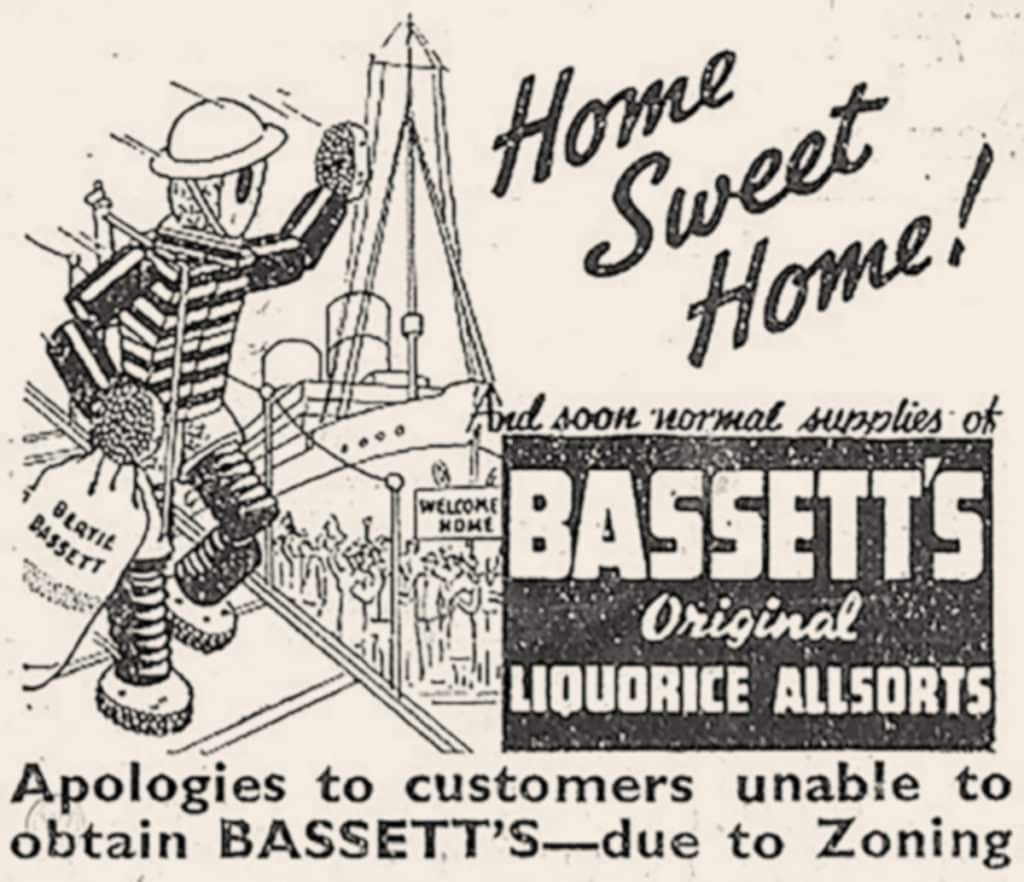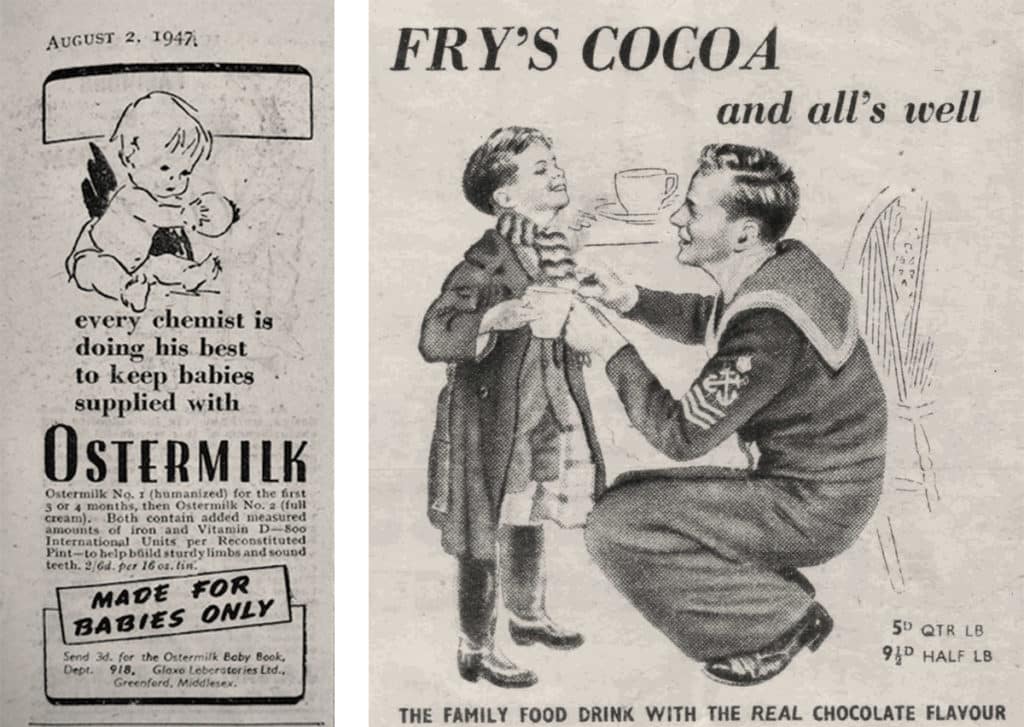May 12, 2020

Photograph – Edwin Hooper
In this time of Covid 19, some businesses have stopped marketing, while others have drastically cut their output and spending. In a Marketing Week survey, 50% of marketers said their brands had reduced their marketing budgets, 29% had maintained them and just 7% had increased their spend to cope with the unexpected crisis. But there are good reasons to keep marketing, even at a time like this, not least because most consumers think it’s the right thing to do – a survey of more than 35,000 consumers globally by Kantar found that just 8% thought brands should stop advertising.
In current circumstances, marketing might seem the most expendable part of a company’s budget. Marketing activities are often outsourced, making it easier to drop suppliers and change plans. And if you can’t supply goods or services for reasons beyond your control, why spend money promoting them?
It will be easy to pick it up again when we get back to normal, the thinking often goes, especially now we have more important things to spend our money on. Also, won’t marketing in a time of crisis be seen as clumsy, inappropriate and egotistic? And what if we get our content, style or tone-of-voice wrong?
So why should you keep advertising? Although everything in your business is a form of marketing, from the way that phone calls are answered, to the way you deal with complaints, you still need to keep promoting yourself, whether it’s to try and get sales or engender brand-awareness for later.
What can we learn from marketing history?
For many of us, it’s the first time we’ve experienced a situation like this, but there is a precedent in fairly recent memory – that of the Second World War. We’ve discovered some examples from that period that might give us some clues about marketing in a time of crisis. It’s not an exact parallel, but businesses then were also faced with a lack of workers, supplies and raw materials. This, as well as restrictions due to rationing in many sectors, led to a huge loss of output, and subsequent shortages for customers.
Businesses found that demand for their products dropped, or they were unable to supply them even if the demand was there. Of course, we are not in the same situation – for one thing, you can’t actually be ‘at war’ with a virus – and what we are facing is very different, for example, people then could still visit shops, although stock was often limited or unavailable. But, like people then, we are living through a time when marketing needs to be especially sensitive to what is going on in the world.
During WWII, a number of different marketing approaches were used to help companies survive turbulent times. One was to keep things light-hearted or use humour to keep a brand alive, reminding people of a name they loved and a time when they could enjoy a product without the need to queue or use a coupon from their ration book.
Our example, from Everybody’s magazine in 1944, shows Bertie Bassett, the mascot for Basset’s Liquorice Allsorts sweets since 1929, as one of ‘our boys’ fighting for victory.

Why you should keep marketing. Bassett’s apologises but keeps their brand in the minds of consumers.
In its apology to customers unable to obtain their favourite sweets, the advert also refers to another crucial wartime theme: the lack of products for consumers to buy. This lasted for years after the war ended – as this Woman’s Weeklyadvert for Ostermilk in 1947 shows, manufacturers and distributors were still struggling to keep up with demand, and asking customers to be patient.

Even when supplies were available, advertisers seemed to be aware of the need to communicate an appropriate message in a sensitive way. In the Fry’s Cocoa advert (1945), the emphasis is on family, love and togetherness – the only reference to the war is the insignia on the man’s sleeve (he holds the rank of Petty Officer in the Royal Navy, our research shows). There’s no attempt to press home an advantage over competitors, just a subtle nod to the reality, and the modest dreams, of millions of people.
On the whole, brands that kept marketing and advertising, as usual, came through the war successfully. Indeed, many are still household names today, including Bassett’s and Fry’s (Ostermilk survived until a later crisis – a salmonella outbreak linked to its products in 1985).
The good-old Kellogs marketing lesson…
Of course, WWII wasn’t the first time businesses had faced a crisis. In the 1920s, during America’s Depression years, Kellogg’s doubled its advertising spend while rivals, like the Post cereal company, were all cutting their budgets. They also invested heavily in the emerging medium of radio and even introduced a new product, Rice Krispies. As a result, Kellogg’s trebled its profits and became the brand leader in the USA.
But corporate memories can be short. By the 1980s, Kellogg’s was used to being number one. It got complacent, thought it didn’t need to advertise and low and behold its market share hit an all-time low of 36.7%. Snap, Crackle – and, er, Pop.
So even in hard times we should be proactive and continue to advertise; when the business climate worsens, it’s more crucial than ever to focus on marketing, advertising, and promotions. As a popular saying goes, “When times are good you should advertise. When times are bad you must advertise.” To find out more reasons to advertise in a recession, visit Forbes.
If people have liked your products and services before, it’s more than likely they will want to come back to you when things improve. So it’s important to keep your name in people’s minds, but in a way that isn’t all about “Me, me, me.”
So how do you get it right, now?
Know your audience: provide useful information and present it in a way that is genuinely helpful and doesn’t veer away from the way you’ve presented your brand up till now (see the latest Persil ad, below). Use your communications to make a positive difference when and where you can, as appropriate for your sector, whether that is B2B, B2C, or both. Thinking differently, being agile and responsive to what people will need from you is key: read more on agile marketing during a recession.
Sell, but don’t take a hard-sell approach: avoiding even the faintest notion of harnessing this tragedy for gain is paramount. But you can still sell – you just need to make sure that what you do is tasteful and sensitive to what is going on, and the way people are feeling.

For example, in its recent ‘Home is Good’ TV advert, Persil is reinforcing the government’s ‘Stay at home and protect the NHS’ message. Over shots of colourful but empty play areas, the brand acknowledges its previous advertising approach: “For years, we encouraged you to get dirty outdoors. For now, we thank you for playing indoors.” Cleverly, it addresses children directly – the kids who are painting rainbows for key workers, rather than rampaging in the mud (though, of course, their parents are also listening). The accompanying song tells them they will soon be running free – an echo of those wartime ads that looked forward to a brighter future to come.
Show understanding: demonstrate empathy and fellow feeling. And don’t be afraid to admit vulnerability: everyone is experiencing the same sense of anxiety, fear, uncertainty – and so much else. If your brand can demonstrate it’s experiencing the same feelings as its customers, you’ll make a real emotional connection.
Don’t be afraid to incorporate (appropriate!) humour, ingenuity and imagination: they are helping many of us get through the days, just as they did in wartime. But they didn’t have social media then, and we do – we just need to work out how to use it well. There’s some useful information from Ogilvy on how Instagram is helping brands connect directly with their consumers.
Find ways to deliver joy: mailing a corporate gift is a way to surprise and delight your home-workers, clients, suppliers, customers, at a time when they will really welcome signs of thoughtfulness and care. Businesses that keep others in mind will, in turn, be remembered for how they acted when things were at their worst.
Contact us today if you want to stay in touch with the people you value until we can all be out in the world again, running free. With our direct mail-out service, you can send work from home packs to your customers or team with minimum effort.

